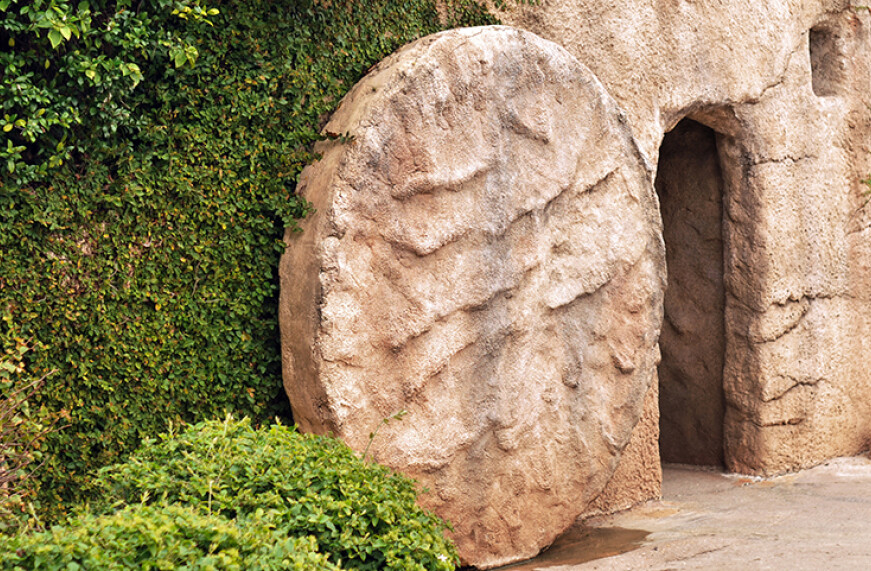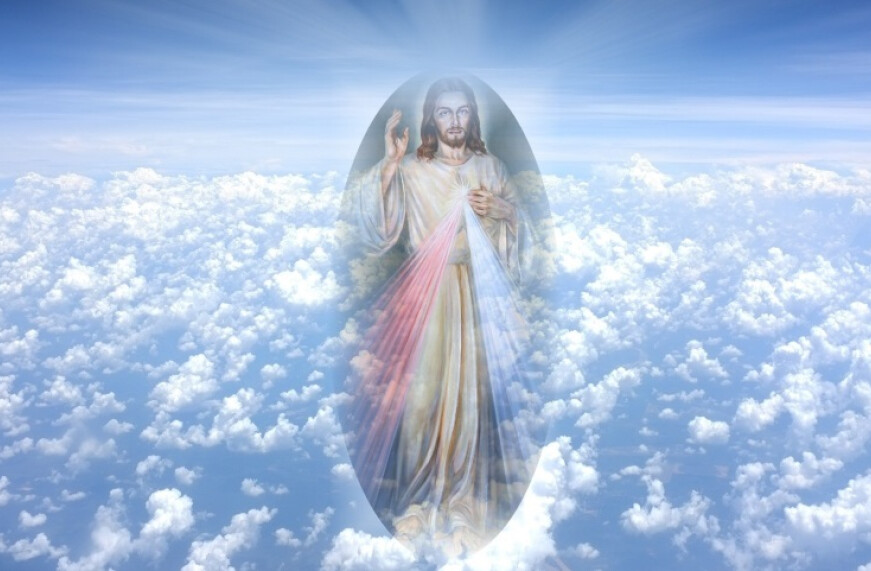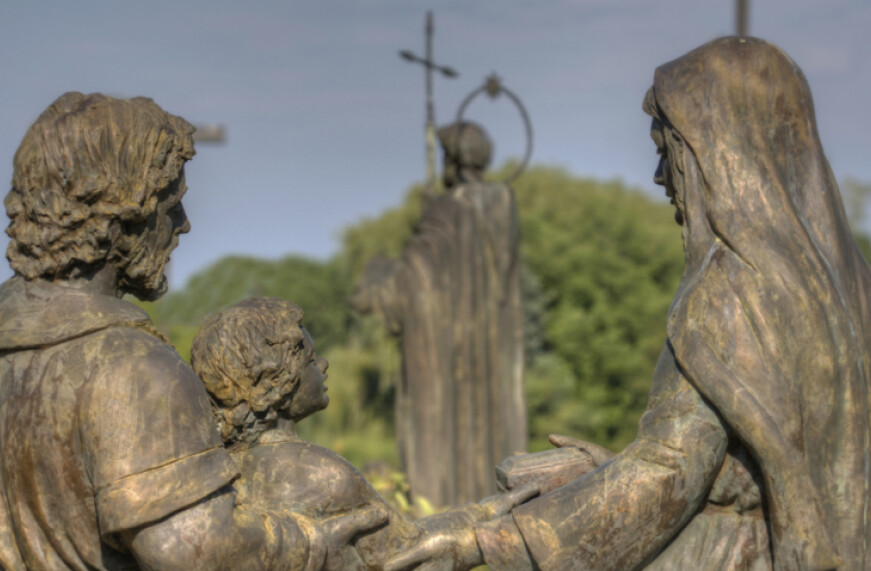Until the End of the World

If you have ever experienced the death of a loved one, you can appreciate what the apostles went through during Jesus’s crucifixion and death.
There you are, watching your dearest friend suffer the most horrific of deaths. You see his body taken down from the cross, all mangled, bloody, and cold, and placed in the arms of his mother. You watch as they wrap the body loosely in cloth, binding the body separate from the head, and place it in a tomb. You say your farewells quickly as the Sabbath is approaching and watch as the tomb is closed.
And then it begins – the sorrow, the ache, the emptiness. You go and seek the solace from the others. You share stories. You cry. You wonder what you will do now. You do this for three days.
Then one day, when you are all together, you all hear of this amazing news that a woman from the group has seen Jesus, you are held in disbelief. Disbelief until He is there before you. The rapture! The joy! The glory! You touch Him, you hug Him, you talk with Him, you eat with Him, you have time with Him.
For 40 days you get bonus time with Him, He whom you thought was dead! He encourages you to go out and tell the story. All the while, He is reminding you that one day He will ascend to the right hand of the Father. When Jesus does ascend into heaven, he says the following:
Full authority has been given to me both in heaven and on earth; go, therefore, and make disciples of all the nations. Baptize them in the name of the Father, and of the Son, and of the Holy Spirit. Teach them to carry out everything I have commanded you. And know that I am with you always, until the end of the world.” (Mk 28:18-20)
So know that Jesus does not ever leave. He is with us always. He is there loving you, encouraging you, and guiding you. You need only engage it to reap the graces from it.


